Event sponsorship can be worth it for businesses when done strategically. It provides an opportunity to reach a targeted audience, enhance brand visibility, and connect with potential customers.
However, its effectiveness depends on factors like the alignment of the event with the company’s target market, the quality of the event itself, and how well the sponsorship is leveraged through marketing and engagement activities. In this article, we will evaluate the pros and cons of event sponsorship, and how you can increase the chances of a positive sponsorship ROI

What is event sponsorship?
Event sponsorship is a marketing strategy where a company or organisation provides financial or in-kind support to an event such as conferences, trade shows, or expos in exchange for promotional opportunities and brand exposure.
This support can include financial contributions, providing products or services, or even assisting with event logistics. In return, the sponsoring entity gains visibility and brand recognition among the event’s attendees and associated marketing efforts. This allows them to reach a specific target audience and potentially achieve various marketing objectives including brand awareness, customer engagement, and lead generation.
Pros and cons of event sponsorship marketing
Understanding the pros and cons of sponsorship enables businesses to make informed decisions and maximise the effectiveness of their event marketing investments. Recognising the advantages helps in harnessing the potential for every benefit while acknowledging the drawbacks gives room for realistic expectations and mitigation strategies.

Advantages of event sponsorship:
Brand Exposure
Event sponsorship offers a platform for significant brand visibility and exposure to a targeted and engaged audience. By associating your brand with a particular event, you tap into the event’s existing audience and the attention it generates.
This exposure can lead to increased brand recognition, awareness, and recall among potential customers, which can be an effective way to build a positive brand image and establish a presence in the minds of your target audience.
Targeted Marketing
When you choose events that align with your target audience, it strategically aligns your brand with a specific, well-defined audience that matches your ideal customer profile.
Unlike broader marketing campaigns that may reach a more diverse group, event sponsorship enables precision in reaching potential customers who are already interested in the event’s theme, industry, or niche. This not only enhances the likelihood of generating leads and conversions but also reduces the wastage of resources on audiences outside the target demographic.
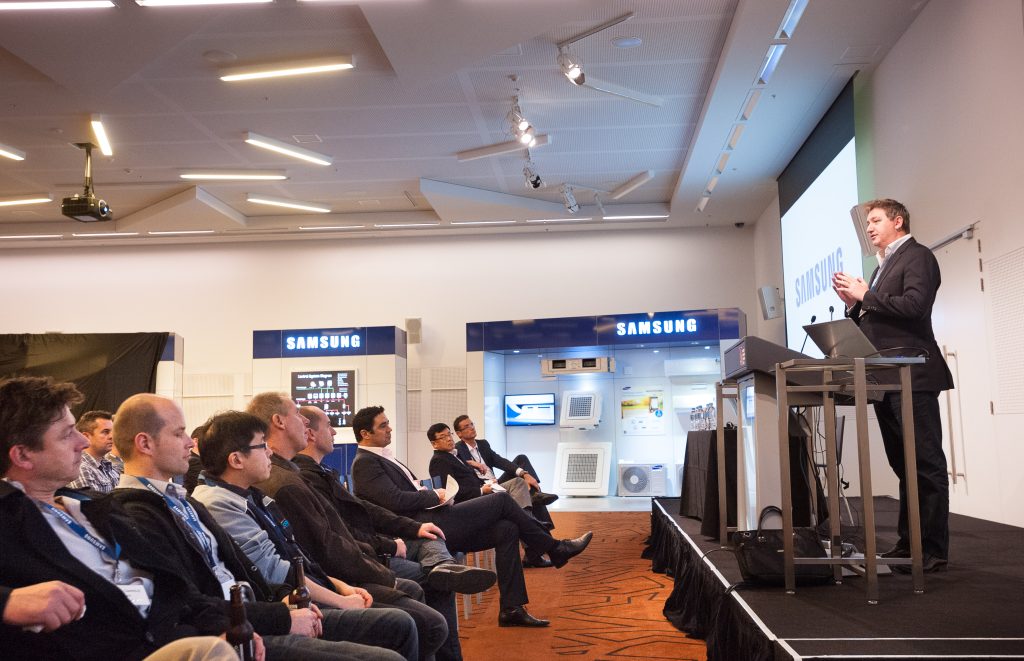

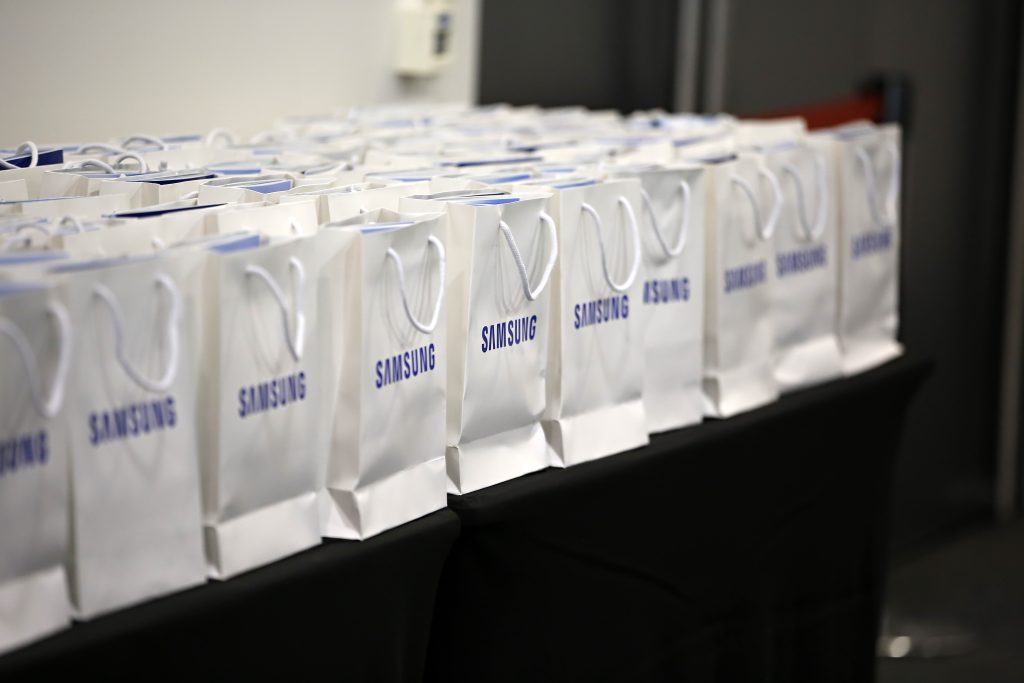
Engagement Opportunities
Engagement opportunities through event sponsorship offer a substantial advantage as they provide a direct and interactive channel for businesses to connect with their audience. By participating in events, sponsors can engage attendees through various means such as booth displays, product demonstrations, contests, or workshops.
This engagement allows for real-time conversations, relationship building, and immediate feedback, which fosters a personalised and memorable experience. This makes it more likely for attendees to become leads and eventually loyal customers.
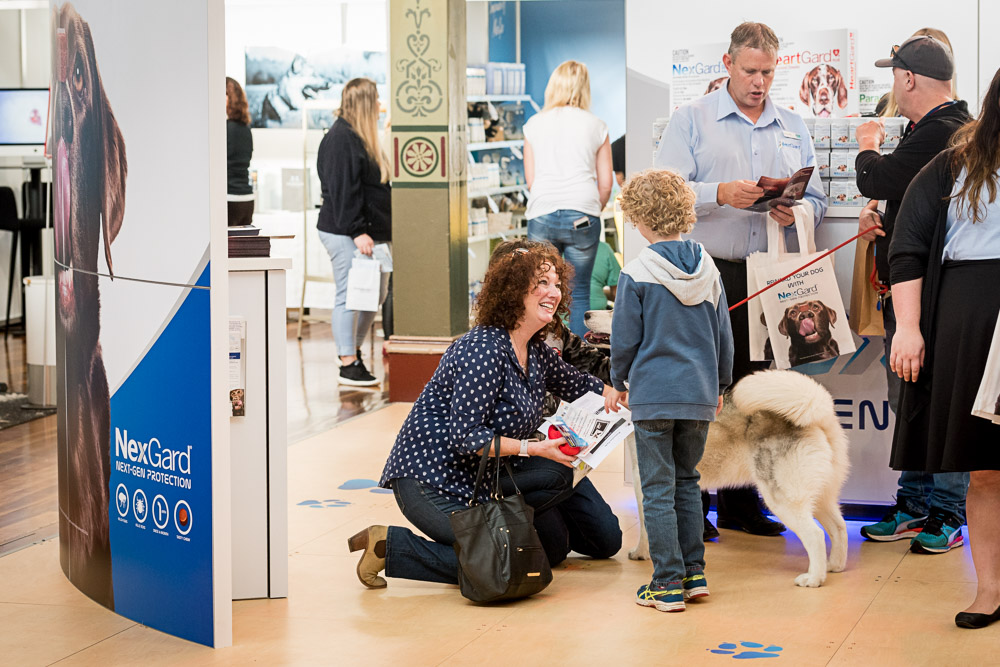


Content Generation
Events can provide a wealth of visual, multimedia, and user-generated content that can be leveraged for marketing efforts. Events often produce a wide range of content, including photos, videos, testimonials, and social media posts. Sponsors can use this content to create compelling and authentic marketing materials, showcase their involvement in the event, and demonstrate the brand’s relevance and engagement.
Getting content from events can help brands save time and resources in content creation. It also adds an element of authenticity and social proof to marketing campaigns as it features real attendees and their experiences with the brand.
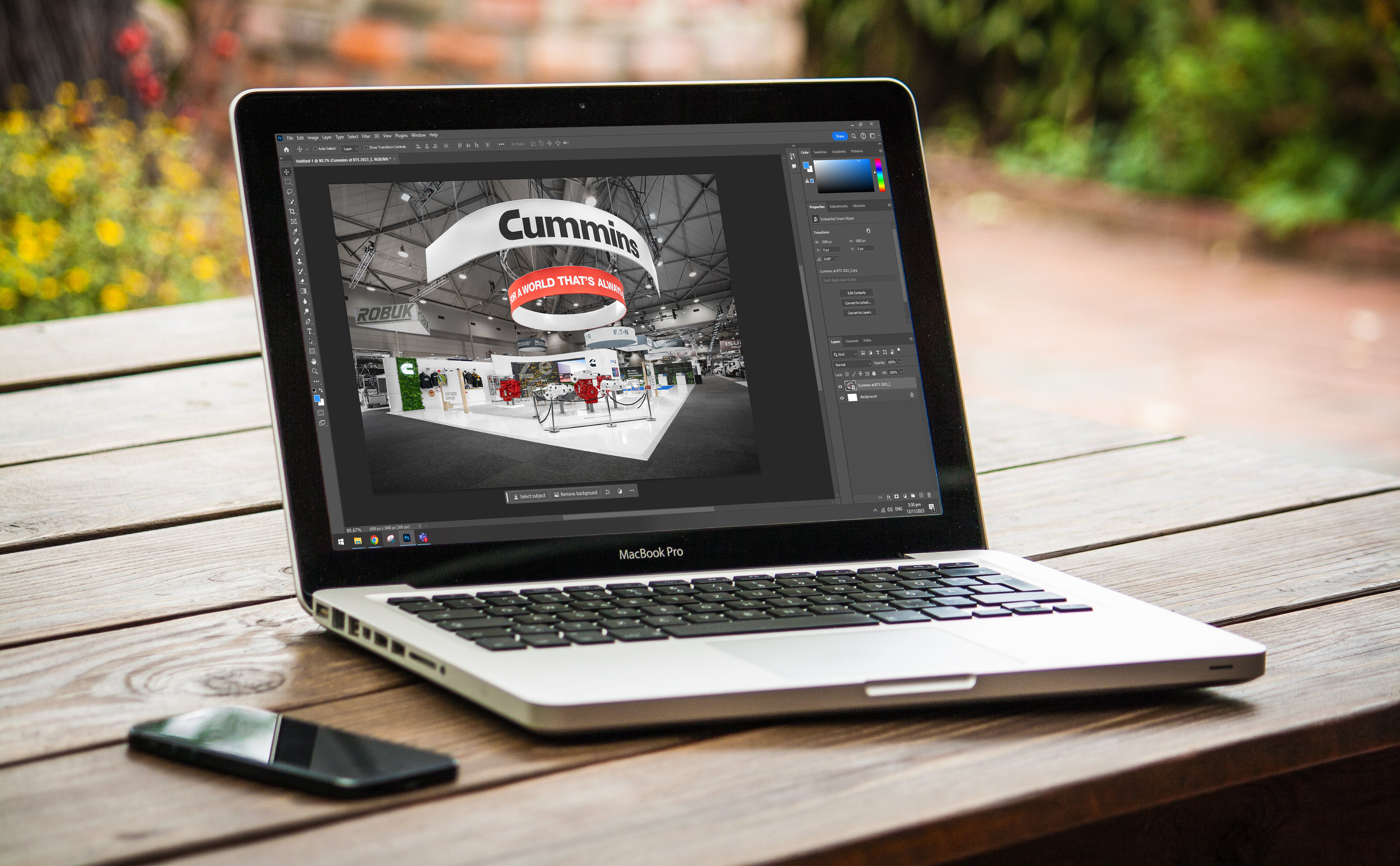
Community Building
Participating in event sponsorship allows businesses to become an integral part of the local or industry-specific community. Sponsoring events, particularly those with a community focus, demonstrate a commitment to supporting and participating in the same causes or interests as the event’s attendees. This not only enhances the brand’s reputation but also fosters a sense of belonging and goodwill among potential customers.
Community involvement can lead to long-term loyalty and support, as people often prefer to do business with companies that share their values and actively contribute to the community’s innovation and well-being.
Disadvantages of event sponsorship:
Cost
The cost associated with event sponsorship is a significant disadvantage, particularly for smaller businesses or those with limited marketing budgets. Sponsoring events can involve substantial financial commitments, including fees, promotional materials, staff participation, and other related expenses. For major events, these costs can be prohibitively high which makes it a challenge for businesses with limited resources to participate
ROI Uncertainty
Unlike some forms of marketing where metrics are more easily quantifiable, event sponsorship success can be subjective and multifaceted. The impact may also not become evident immediately and long-term effects are often challenging to attribute directly to the event.

Competitive Space
Sponsors often share visibility and exposure with other businesses—diluting the exclusivity of their brand presence. This high level of competition can make it challenging for sponsors to capture the full attention of event attendees.
Additionally, excessive sponsorship clutter can lead to audience confusion and make it harder for any single sponsor to make a lasting impression. Competing sponsors might also engage in bidding wars or overspend to secure prime positioning or recognition which drives up costs and potentially diminishes the overall return on investment.
Possibility of bad publicity
If the sponsored event faces controversies, ethical dilemmas, or unfavorable public opinion, the associated sponsors may find themselves unintentionally associated with the negative aspects of the event. This can damage your brand’s reputation and integrity which may result in the loss of customer trust and loyalty.
Make it worth it: Event sponsorship best practices
Targeted Event Selection
Choose events that align with your target audience and brand values. This ensures that you reach the right people and maximise sponsorship impact.
Strategic Activation
Develop a comprehensive activation plan to engage event attendees effectively. This may include booth design, promotional materials, contests, and interactive experiences that showcase your brand.
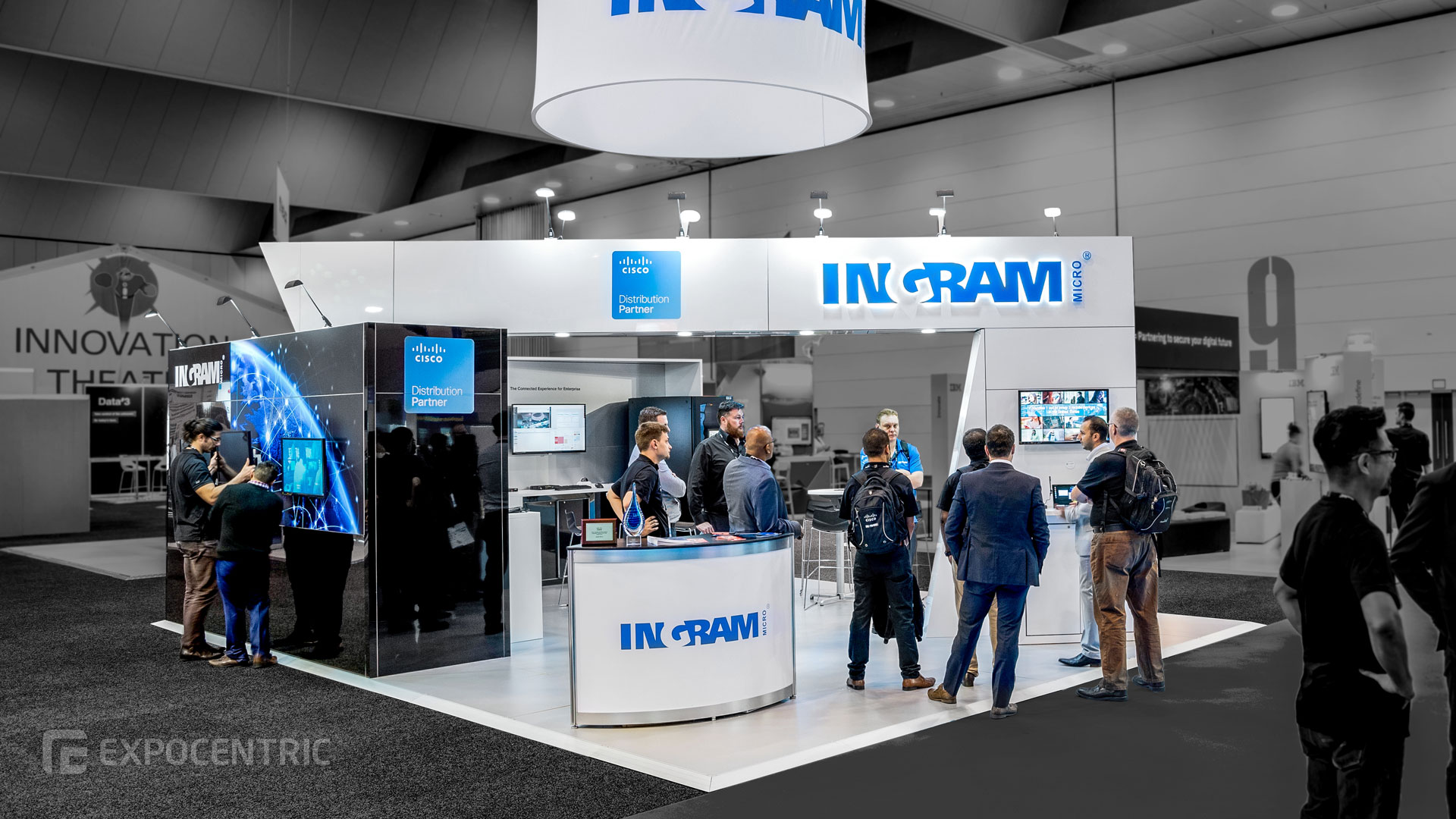

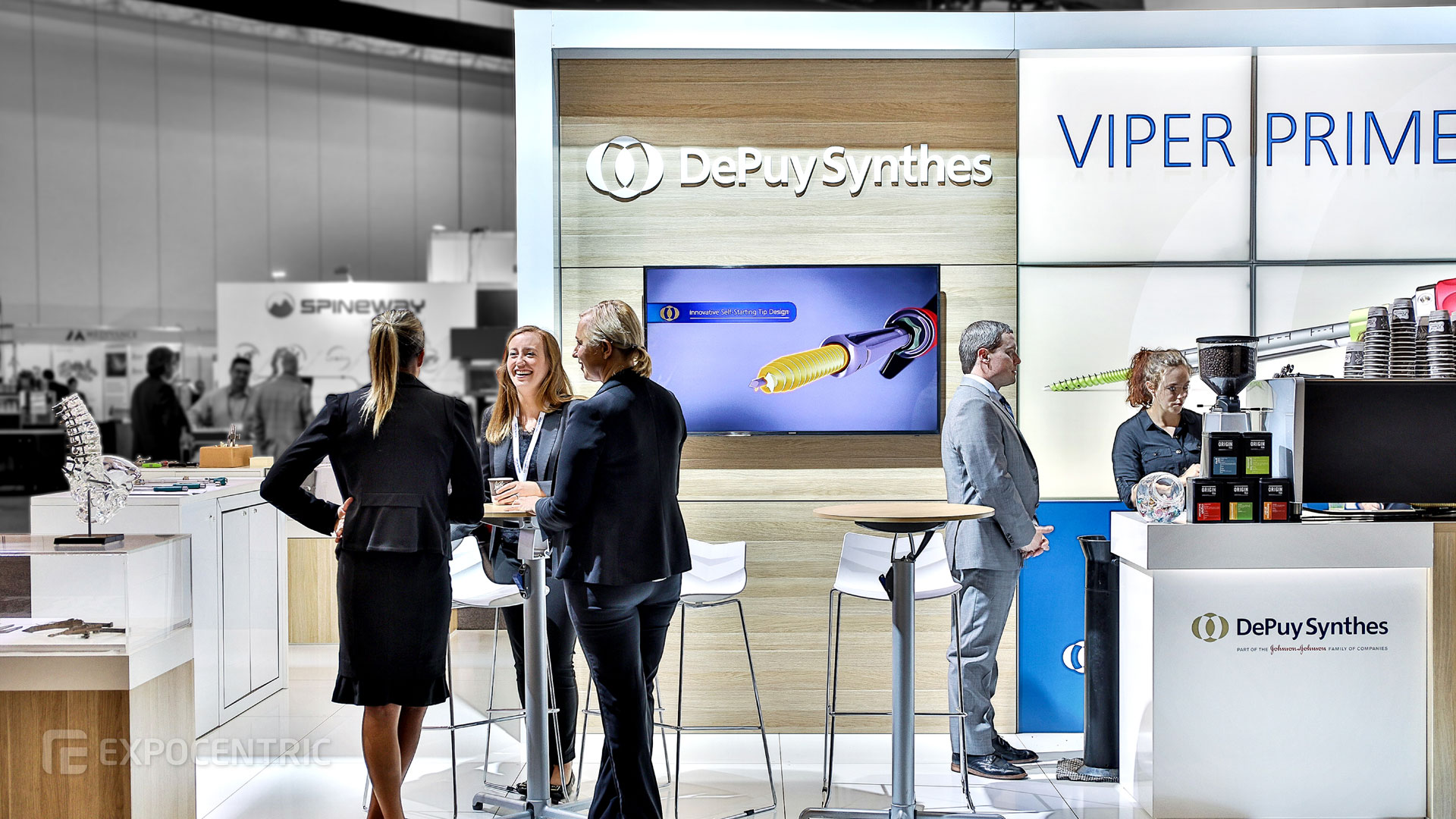
Measurement and Analysis
Implement metrics and key performance indicators (KPIs) to assess the ROI of your sponsorship. Track results, such as leads generated, sales attributed to the event, and brand exposure. Data-driven post-event sponsorship evaluation is a way for you to make adjustments and refine future sponsorships.
Post-Event Engagement
Continue engaging with event attendees after the event to sustain the connection and foster brand loyalty. Follow up with leads, share event-related content, and express appreciation for their support to ensure a lasting impact beyond the event itself.
In summary, event sponsorship marketing can be a powerful tool when used strategically. In order for the pros to outweigh the cons, it requires careful planning and assessment to ensure that it hits the mark for your specific business and marketing goals.
